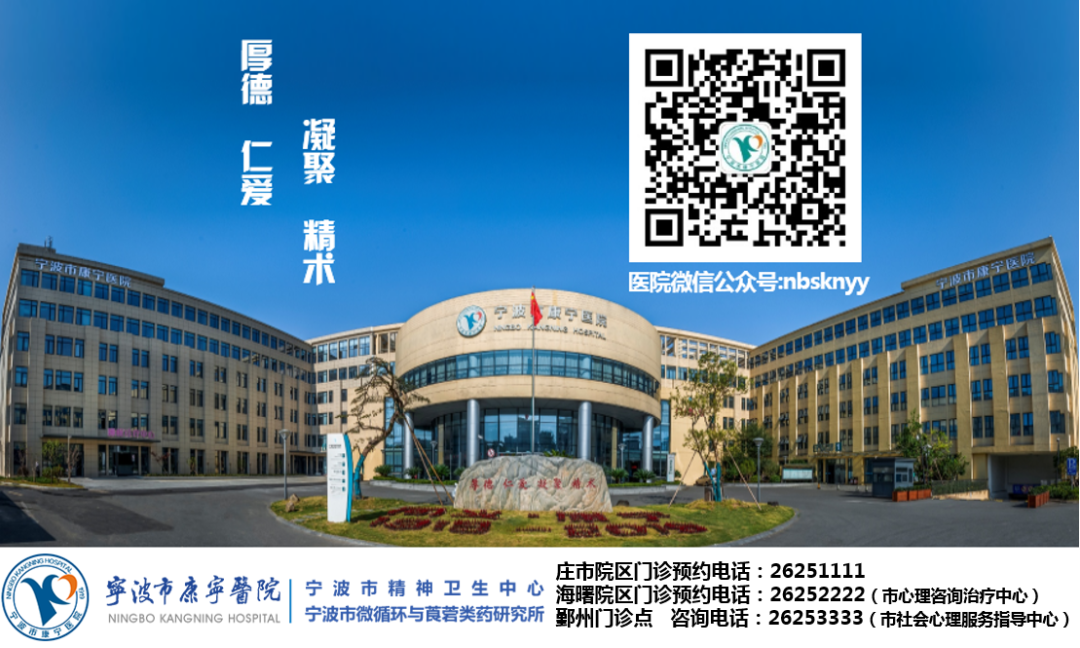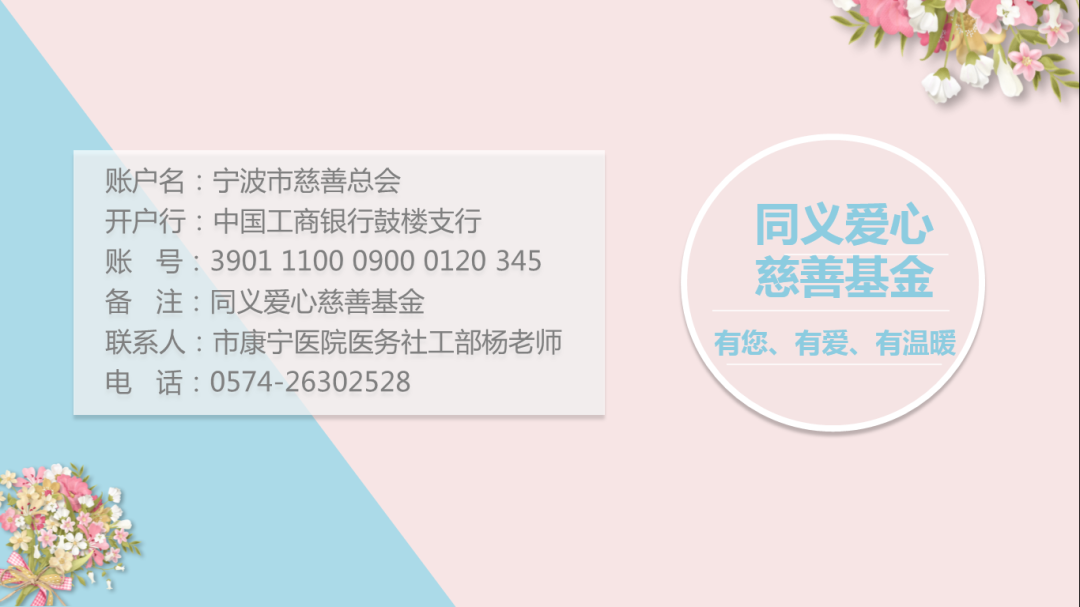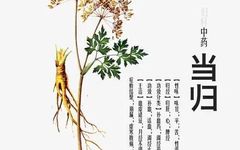Nourishing the Heart:
Angelica Sinensis (Dang Gui)
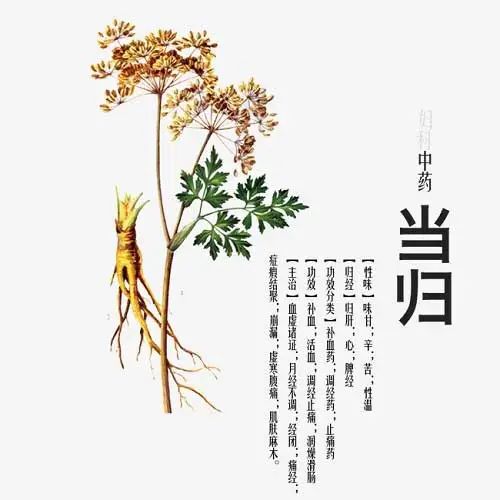
Angelica Sinensis (Dang Gui) is the Essential Herb for Women’s Health
Angelica Sinensis (scientific name: Angelica sinensis), also known as Dong Gui, is a vital herb for women. It is traditionally used to nourish the blood and is associated with the idea of longing for a partner, hence its name. The ancient poem reflects this sentiment, indicating that it is a herb that signifies returning home.
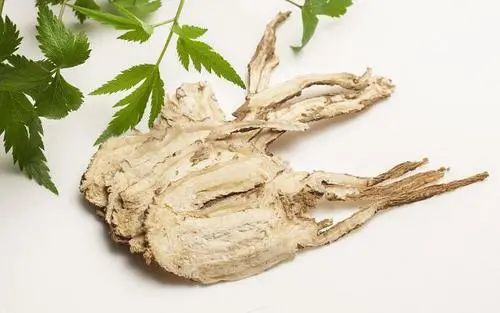
Cui Bao in “Ancient and Modern Annotations” states: In ancient times, people exchanged peonies and called for each other with the term ‘Dang Gui’. Dang Gui is known for treating postpartum blood stasis and can quickly yield results. It helps to stabilize chaotic qi and blood, hence the name Dang Gui, which means to return to a state of balance.
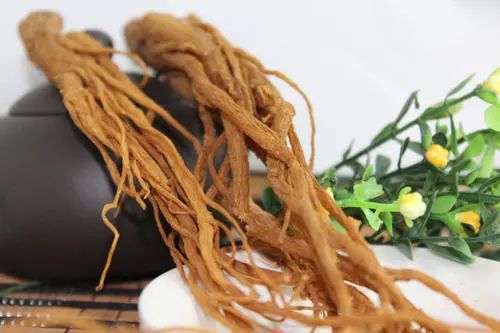
Traditional Chinese Medicine (TCM) believes that Angelica Sinensis has a sweet and heavy flavor, making it an excellent herb for nourishing the blood. Its light and spicy nature allows it to also promote blood circulation. It is a crucial herb for blood-related issues, as it can both nourish and invigorate the blood, facilitating menstrual flow and relieving stagnation. It is commonly used for conditions such as irregular menstruation, dysmenorrhea, blood deficiency amenorrhea, pale complexion, fatigue, uterine bleeding, postpartum blood stasis, and other common women’s health issues.
Angelica Sinensis is one of the most commonly used herbs in TCM, often utilized in soups, especially beneficial for patients with anemia. It significantly enhances the body’s hematopoietic function, increasing red blood cells, white blood cells, and hemoglobin levels.
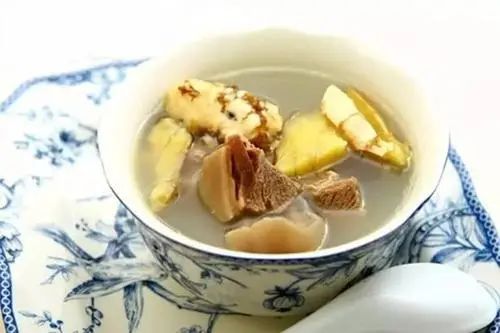
01
Nourishing and Supplementing Blood
Angelica Sinensis has a sweet and heavy flavor, making it the primary herb for nourishing the blood. It is suitable for symptoms caused by heart and liver blood deficiency, such as pale or sallow complexion, fatigue, pale lips and nails, dizziness, palpitations, and insomnia. When combined with Shu Di Huang (Rehmannia), Bai Shao (White Peony), and Chuan Xiong (Szechuan Lovage), it forms the representative blood-nourishing formula—Si Wu Tang (Four Substance Decoction), which has the function of regulating menstruation and nourishing blood, especially suitable for treating postpartum blood deficiency.
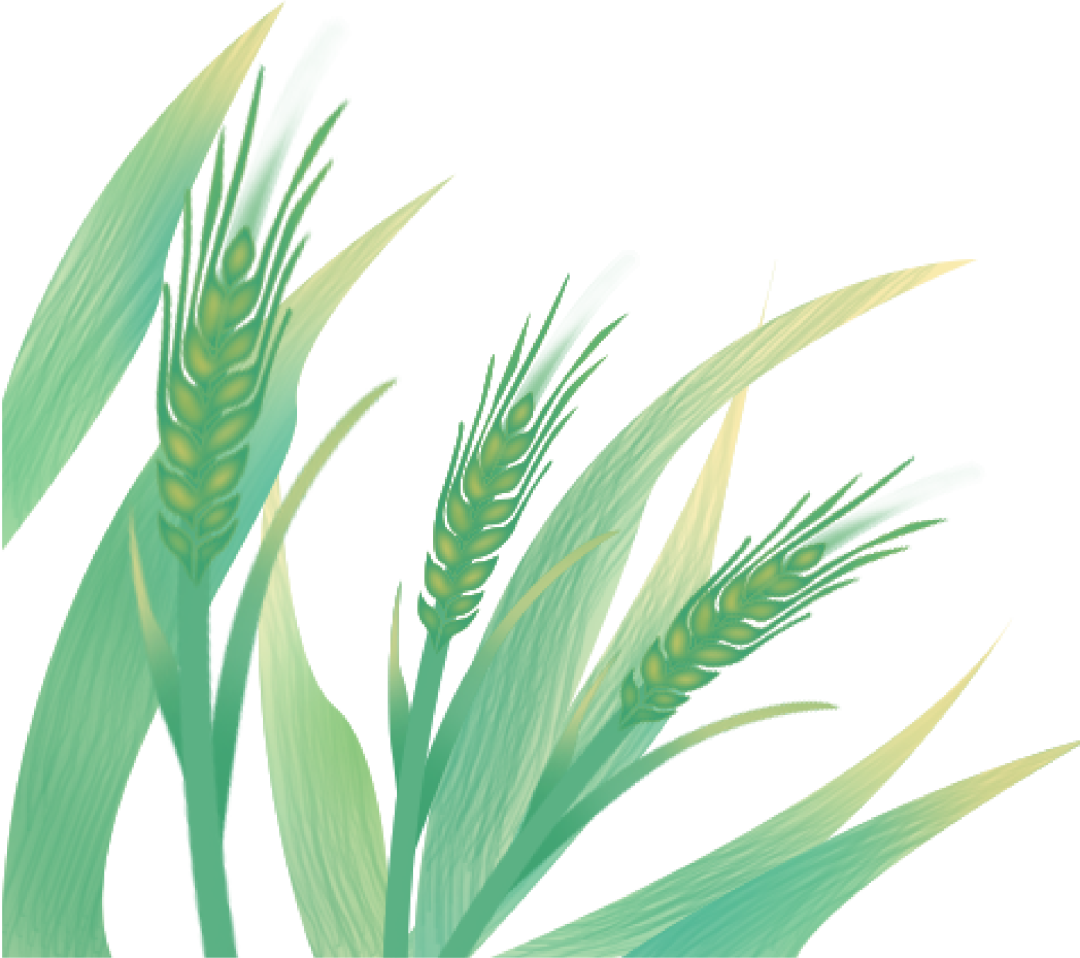
02
Laxative and Promoting Bowel Movement
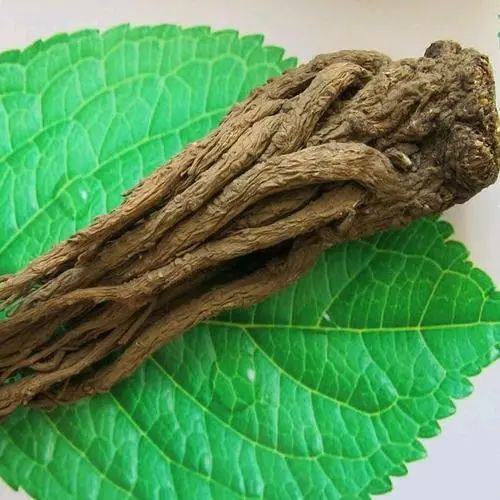
TCM believes that essence and blood share the same source; thus, those with blood deficiency also lack body fluids, leading to constipation. Angelica Sinensis can moisten the intestines and promote bowel movements, often used in combination with Ma Ren (Sesame), Ku Xing Ren (Bitter Apricot Kernel), and Da Huang (Rhubarb) to treat blood deficiency constipation; it can also be combined with Fang Feng (Siler), Chuan Xiong, Bai Shao, Da Huang, Bo He (Mint), and Ma Huang (Ephedra) to form Fang Feng Tong Sheng San, which can purge heat and promote bowel movements.
03
Regulating Menstruation and Activating Blood Circulation

Angelica Sinensis has a light and spicy nature, allowing it to promote blood circulation. It can regulate menstruation and relieve pain, making it particularly suitable for women, especially for conditions like irregular menstruation, dysmenorrhea, and blood deficiency amenorrhea, which is why it is referred to as the “sacred medicine for women”. When combined with Tao Ren (Peach Kernel), Hong Hua (Safflower), Shu Di Huang, Bai Shao, and Chuan Xiong, it forms the famous gynecological formula—Tao Hong Si Wu Tang, commonly used for early menstruation and dysmenorrhea.

04 Effects on Uterine Smooth Muscle:
Angelica Sinensis essential oil has an inhibitory effect on isolated uterine tissues, causing rhythmic contractions to relax and counteracting uterine contractions.
05
Anti-Cancer Effects
Angelica Sinensis can be widely used for various tumors, especially gynecological tumors, particularly suitable for those with qi and blood stagnation. It is also beneficial for patients with blood deficiency and weakness after surgery, radiotherapy, or chemotherapy, as it helps to strengthen the body and combat cancer.
Health

Health Tips
Tips
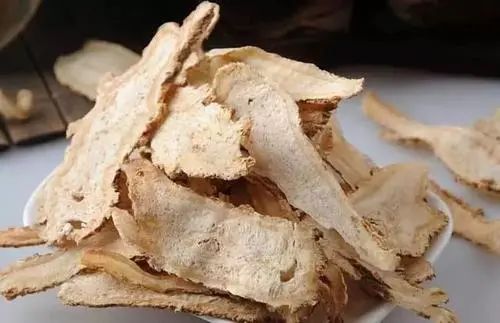
The chemical components of Angelica Sinensis mainly include essential oils and water-soluble parts. The essential oil contains over 40 components, including nonyl phenyl lactone and Angelica ketone; the water-soluble part mainly contains ferulic acid, Angelica polysaccharides, and amino acids.
Research shows that Angelica polysaccharides play an important role in promoting blood circulation. Solid tumors have a high degree of malignancy, and by the time they are clinically diagnosed, most are already in the mid to late stages. They are prone to recurrence and metastasis, and treatment outcomes are often poor. Some studies have found that patients with solid tumors are in a hypercoagulable state, which is one of the important conditions for tumor recurrence and metastasis.
Researchers included 80 patients with qi stagnation and blood stasis to study the effects of Angelica Sinensis on blood rheology. The experimental results showed that the clinical efficacy and improvement of blood rheological indicators in the observation group (receiving a conventional chemotherapy regimen with 15g/d of Angelica Sinensis) were significantly better than in the control group (receiving a conventional chemotherapy regimen), without increasing adverse reactions. This suggests that Angelica Sinensis can improve the hypercoagulable state and microcirculation disorders in patients with solid tumors, thereby enhancing the inhibitory and lethal effects of chemotherapy drugs on tumors. Angelica polysaccharides may become a new anti-cancer drug, but the mechanism of action is still unclear.
06
Anti-Aging Effects
Angelica Sinensis decoction has a significant impact on learning and memory in mice. Using the maze method, it was found that Angelica Sinensis can improve aluminum chloride-induced dementia, reducing the levels of peroxidized lipids in the brains of demented mice and the activity of B-type monoamine oxidase, thus treating senile dementia.
07
Prevention and Treatment of Frostbite
TCM believes that although frostbite manifests on the skin, it is often due to insufficient yang energy in the body, with external cold invading, leading to stagnation of blood and qi. Therefore, treatment often involves warming the meridians, dispersing cold, activating blood circulation, and reducing swelling and pain. The Angelica Ginger Lamb Soup is derived from “Treatise on Febrile and Miscellaneous Diseases”. In this formula, Angelica nourishes and invigorates the blood, ginger warms and disperses cold, and lamb replenishes deficiency and generates blood, collectively enhancing blood nourishment and circulation while warming and dispersing cold.
#Edible Value of Angelica Sinensis
PART-1
Angelica Sinensis Blood Nourishing Soup /recipe
Ingredients: 2 red crabs (about 750g), 10g Angelica Sinensis, 50g Huang Qi (Astragalus), 50g Goji Berries, 50g Du Zhong (Eucommia), 100g black dates, 250g rice wine, and appropriate amount of water.
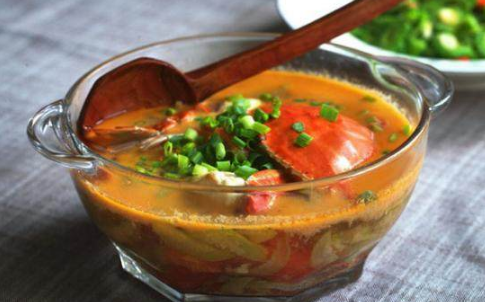
Method:
1. Clean the red crabs, remove the shells and gills, and cut into pieces for later use.
2. Place the cut red crabs in a pot, add Angelica Sinensis, Huang Qi, Goji Berries, Du Zhong, black dates, and an appropriate amount of water, then add rice wine. Simmer on low heat for about 1 hour.
Effect: Huang Qi and Angelica Sinensis nourish qi and blood; Du Zhong nourishes the liver and kidneys, strengthens tendons and bones, and stabilizes pregnancy; Goji Berries nourish the liver and kidneys, benefit essence, and improve vision; black dates have similar properties to red dates but are more effective in nourishing blood. Together, they enhance qi and blood nourishment.
Application: Suitable for symptoms of qi and blood deficiency, such as fatigue, pale complexion, and lack of energy.
PART-2
Free-Range Chicken Soup /recipe
Ingredients: Free-range chicken, Angelica Sinensis, peanuts, black dates, black fungus, and ginger slices.
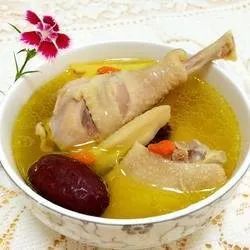
Method:
1. Cut the free-range chicken into pieces and clean with water.
2. Boil water in a pot, add the chicken pieces to blanch and remove the blood, then take them out.
3. Place the blanched chicken pieces in a pressure cooker, add water (enough to cover the chicken by about 1 cm), add ginger slices, Angelica Sinensis, peanuts, and black fungus to stew.
4. Cook in the pressure cooker for about 40 minutes, then add salt, pepper, and chicken essence to taste before serving.
PART-3
Ginger Angelica Lamb Congee /recipe
Ingredients:
20g ginger, 15g Angelica Sinensis, 100g lamb, 250g japonica rice.
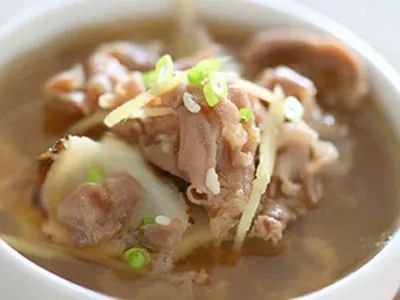
Seasonings:
2 teaspoons cooking wine, 1/2 teaspoon salt, 1/3 teaspoon monosodium glutamate, 1 tablespoon chicken fat, 10g green onion, and 3/5 teaspoon pepper.
Method:
Combine japonica rice, ginger, green onion, cooking wine, lamb, and Angelica Sinensis in a pot, add 800g of water, bring to a boil over high heat, then simmer for 35 minutes. Add salt, monosodium glutamate, pepper, and chicken fat, stir well to finish.
Editor/Content Organizer: Marilyn
Content: TCM Department, Huang Anna
Reviewed by: Ding Yan, Li Xianglan
Note: Images sourced from the internet, please delete if infringing.
